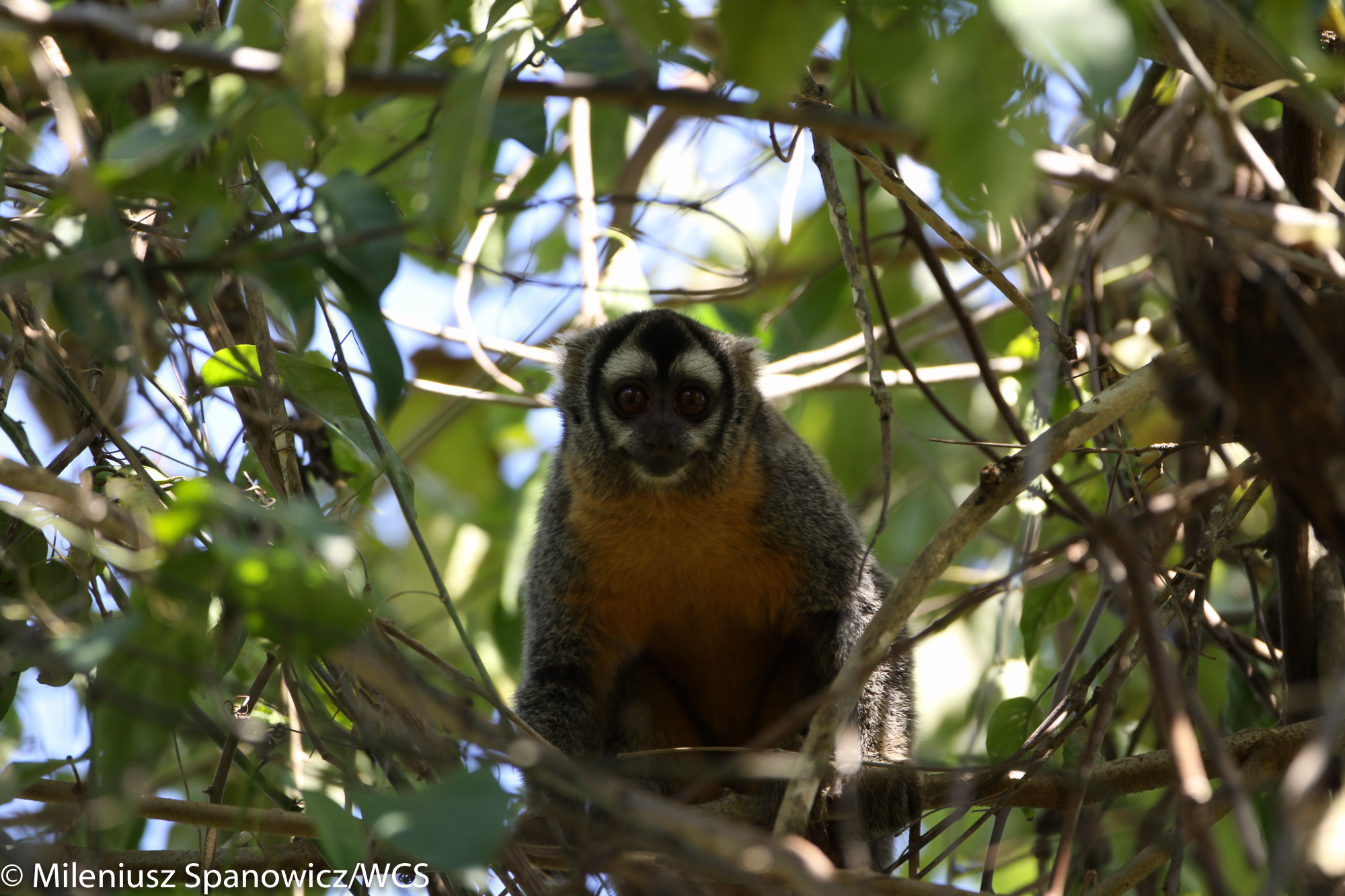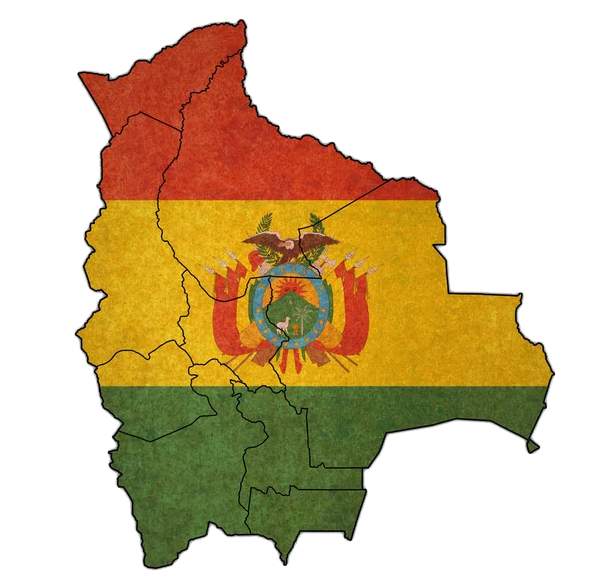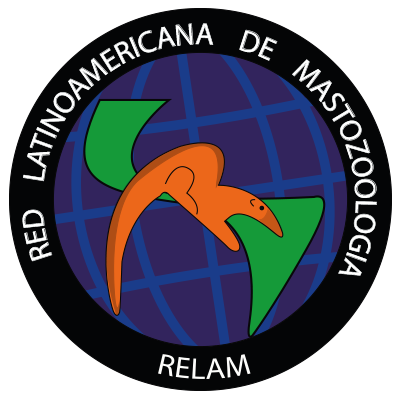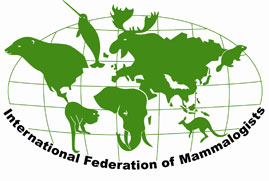RED BOLIVIANA DE MASTOZOOLOGÍA
La Red Boliviana de Mastozoología (RBM), es una organización nacional conformada por diferentes profesionales (de biología, ecólogos, veterinarios, entre otros), todos comprometidos en la conservación e investigación de mamíferos en Bolivia.
RBM esta adscrito a la Red Latinoamericana de Mastozoología (RELAM) y la Federación Internacional de Mastozoólogos (IFM).
Bolivia, uno de los países más diversos del mundo, alberga más de 406 especies de mamíferos nativos, registradas hasta la fecha. Estas especies pertenecen a 11 órdenes, 46 familias y 196 géneros, y entre ellas contamos con alrededor de 20 especies endémicas, exclusivas de nuestro territorio.
Se prevé que este número continúe creciendo en los próximos años, gracias a los avances en investigaciones científicas y el uso de tecnologías modernas como la secuenciación genética, las cámaras trampa y los dispositivos de audio. Además, los estudios taxonómicos en mamíferos depositados en colecciones científicas podrían revelar nuevas especies y registros, ampliando nuestro conocimiento sobre la fauna boliviana en distintos ecosistemas y altitudes.


Con base en la información más actualizada de mamíferos de Bolivia (Aguirre, Tarifa, Wallace, Bernal-Hoverud, Siles, Aliaga-Rossel & Salazar-Bravo, 2018), la lista de mamíferos de Bolivia a 2019 cuenta con 406 especies nativas, de 11 órdenes, 46 familias y 196 géneros, incrementando en 51 especies respecto de la última lista de 2003. De estas 51 especies, 14 son nuevas para la ciencia, y tienen localidad tipo en Bolivia. Los órdenes más diversos son Rodentia (148 especies), Chiroptera (138), Didelphimorphia (35) y Carnivora (27).
Un total de 25 especies son endémicas para Bolivia, y se reportan 14 especies de mamíferos introducidos.
Se prevé que se adicionen nuevos registros y cambios taxonómicos a esta lista como resultado de inventarios biológicos actualmente en ejecución, reidentificación de especímenes depositados en colecciones de mamíferos nacionales y extranjeras, y revisiones taxonómicas futuras.
A 2024, ya existen al menos 4 nuevas especies registradas para el país, entre roedores, murciélagos y carnívoros, y seguimos trabajando.




